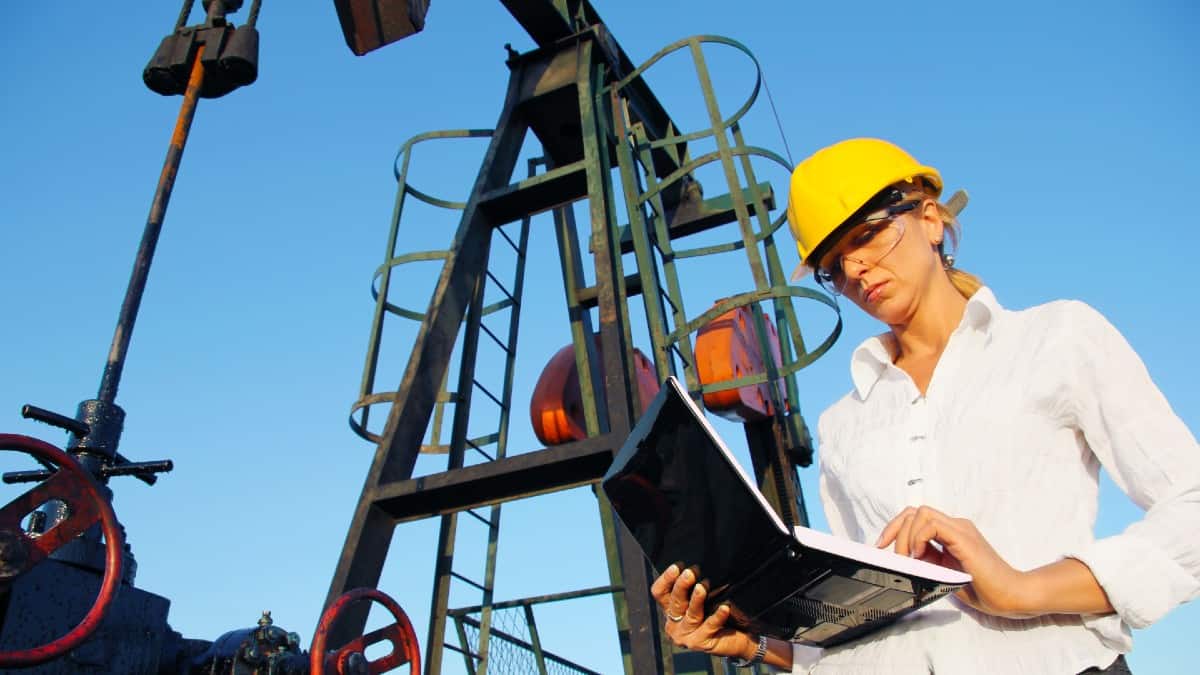BP (LSE: BP) has long been a dividend star of the FTSE 100 and I expect this to continue. In its 2022 results, it raised the Q4 payout to 6.61p per share, taking the yearly total to 24.08p. The company stated in the results that “a resilient dividend remains [our] first priority within a disciplined financial frame”.
An additional boost for shareholders was the announcement of a Q1 share buyback of $2.75bn. And BP is committed to using 60% of surplus cash flow for future share buybacks in 2023.
These rewards came on the back of stellar results for the year. Underlying profits were $27.7bn, more than double the $12.8bn it reported in a strong 2021. Additionally, the British energy major’s annual earnings in 2022 were the highest in its 114-year history.
Fossil energy outlook is bright
The outlook for traditional fossil fuels looks stronger for longer than many think, despite the global shift towards renewables. Oil industry analysts say that underinvestment in the energy sector could result in a shortage of supplies. This would push oil and gas prices up.
They add that existing sanctions on Russian and Iranian oil and gas supplies may exacerbate price rises. A major increase in demand for oil and gas from China in recent weeks has added to this bullish outlook.
Oil prices have been rising anyway since a surprise cut in production from the OPEC+ cartel in early April.
Energy transition is well balanced
I think BP is managing its transition into a renewable energy world in a very clever way. Yes, it has the ambition to become a net zero company by 2050 or sooner. But it’s only gradually reducing its presence in the oil and gas sector.
This careful balancing act was reiterated in the company’s comments alongside its 2022 results announcement. BP plans to evenly split investment for growth between its transition and oil and gas businesses.
It also announced a slowdown in its plans to cut oil and gas production by 2030 from 40% to 25%. The company said this was in line with new gas resources being needed to help the global energy transition.
Total capital expenditure for 2023 is expected to be between $14bn and $18bn. And this rate of spending is likely to continue until the end of the decade.
Of course, there are risks to the strong BP share price. Oil and gas prices may fall for a host of reasons related to supply and demand. Or there may be an environmental disaster of the type that has involved oil companies in the past.
For me though, these risks are outweighed by BP’s high dividends and bright outlook for its fossil fuel and renewable energy businesses. This is why I added to previous holdings of BP shares earlier this week.








